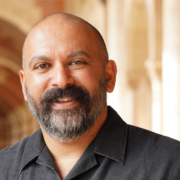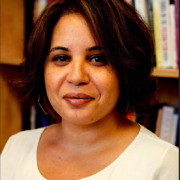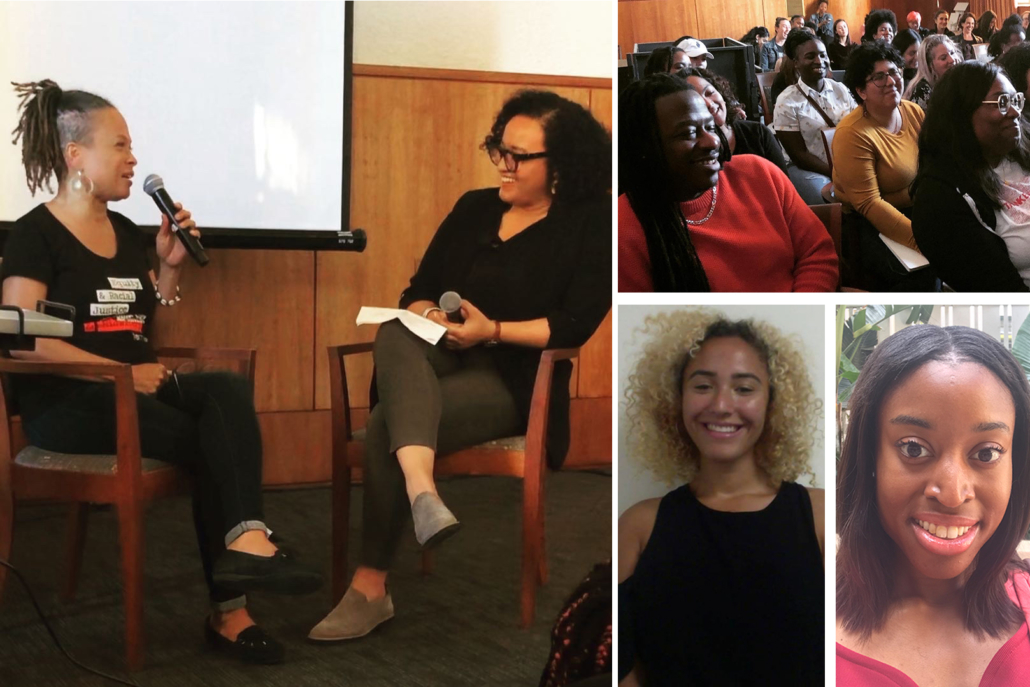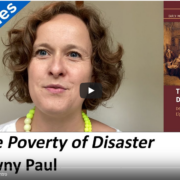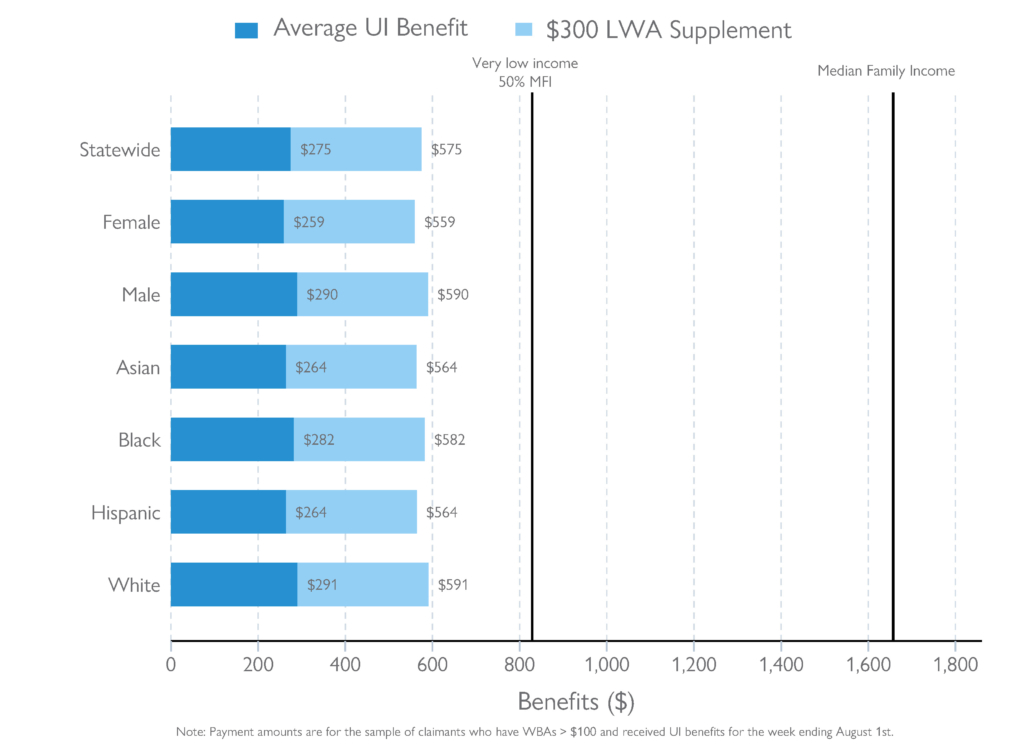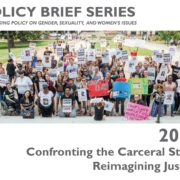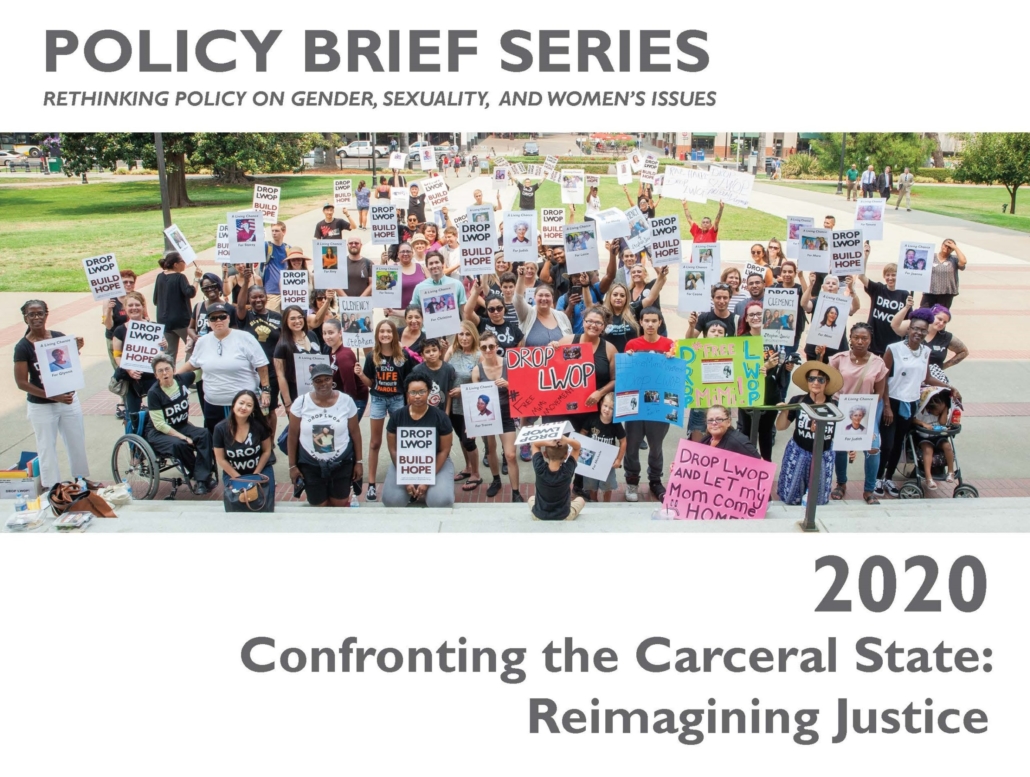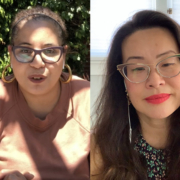In the latest interview in the book series, Dr. Norma Mendoza-Denton, UCLA Anthropology Professor, discusses her highly anticipated, co-edited book Language in the Trump Era: Scandals and Emergencies that examines the power of language and how President Trump has used it to further his agenda.
Interview Chapters:
0:00 – Intro
1:15 – What made you decide to do a book on language in the Trump era?
2:14 – What is the power of language?
5:44 – How has Trump’s language regarding women, Latinos, Muslims, LGBTQ+ impacted society?
10:04 – What is the impact of social media and 24-hour news cycle on spreading narratives?
12:40 – What do these narratives say about Trump and those who agree with him?
19:06 – Why is this an essential book to pick up right now?
To learn more, check out Dr. Mendoza-Denton’s book Language in the Trump Era: Scandals and Emergencies.
Subscribe to L.A. Social Science and be the first to learn more insight and knowledge from UCLA’s Division of Social Science experts and other faculty about upcoming video/audio sessions and posts about current issues.


